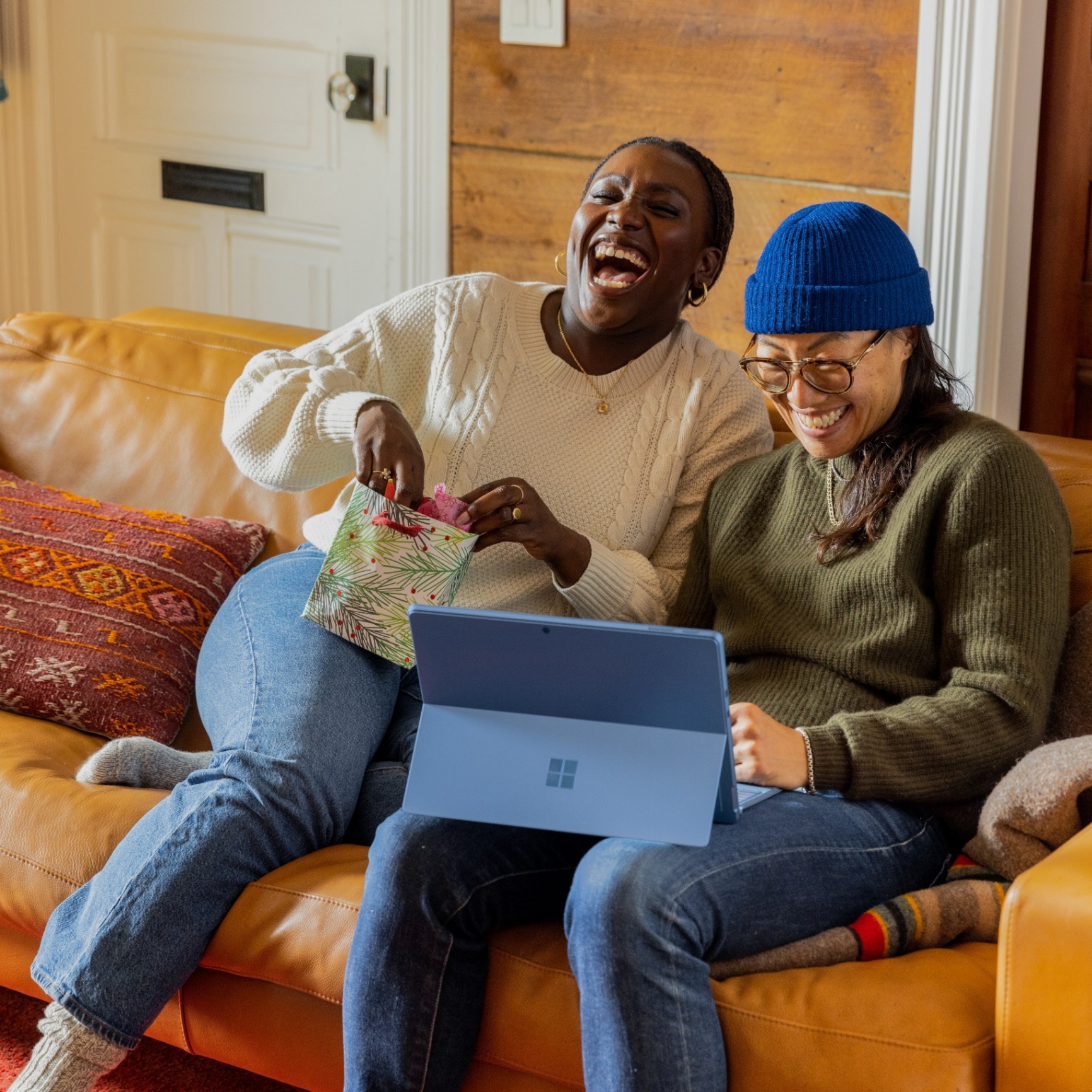Group Therapy and Workshops

Group Therapy and Workshops at New Moon Psychotherapy
Research shows that group therapy is as, if not more, beneficial then individual therapy.
Click below to explore the various groups offered at New Moon Psychotherapy or scroll down to explore commonly asked questions and answers about joining a group at New Moon Psychotherapy.

Finding Calm in the Body

Loving Someone with PTSD

Reclaiming Your Sexuality After Sexual Trauma

Healing After Sexual Trauma

Coping with Dissociation
Frequently Asked Questions
Why should I try a group?
What can I expect?
The first step to joining a group is an intake call with our intake coordinator. This is a complimentary phone call during which we will learn more about your needs and determine if group is the right fit for you.
If it is, you’ll be connected with the group facilitator for another complimentary consultation. During this meeting, you will discuss the challenges that you’re currently experiencing and explore your goals for group. You will also learn about the psychotherapy group that you’re thinking of joining. This conversation will help you and the therapist determine if the group is a good fit for you.
If you decide that it is, you will be asked to sign a consent form for your participation in the group.
Each group typically has a focus or a topic and there will be some strategies taught to address that topic. You might practice the strategy together or discuss with the group how this might apply to your life.
You’ll then have the opportunity to practice the strategies at home between sessions.
The next week you’ll begin group with a check in about the prior week which will give you a chance to discuss any issues that came up when you were using your skills, explore insights, and share successes.
The first group session involves an introduction and chance to get to know the facilitators and your group members.
The last session will be an opportunity to celebrate the progress that you made and say your farewells.
If you require support between sessions, you will have an option to book individual sessions with the group facilitator for coaching around the skills you are learning/topics we are exploring.
How large and long are the groups?
This varies by group but we typically set a minimum of 4 participants and a maximum of 8-10 participants. We keep this number low so that everyone has an opportunity to share, feels comfortable participating, and gets the most out of this process.
The length of group varies by group but typically they are between 1-2 hours in length.
Scroll down to see the various groups we offer and descriptions and durations.
I don’t like speaking in public, do I have to share?
Speaking in public can feel intimidating. We try hard to create a safe and welcoming space for you to share. It’s common for group members to become more comfortable with the members and with sharing as the group progresses. Participants tend to find they get more out of the group when they actively participate.
A common goal for folks joining a group is to become more comfortable speaking in a group or in social settings. If that’s one of your goals, we will gently guide you towards reaching that goal BUT we will NEVER force you into something you’re not ready to do. Attending the group regularly and making an effort to practice the things that you learn between sessions is all that we ask of you.
Is what I say kept confidential?
It’s natural to not want to share if there’s a chance that what we say will be disclosed to others. Confidentiality is important in a group and it can be a bit tricky.
Group facilitators will maintain your confidentiality within the limits of the law – usually these are about keeping you and others safe but don’t worry we’ll talk more about this in that 1:1 orientation session, so you’ll have all the information that you need before you get started.
We also require that all group members commit to respecting and protecting each others confidentiality by not sharing any information about other group members or what is said during group to others.
Since we can’t control what people do outside of session, we can’t guarantee this BUT we do stress the importance of being respectful of each other’s privacy.
I’m uncomfortable discussing my problems with others!
It can be hard to know what to say and how much to trust others when we first meet them.
It might be reassuring to learn that our groups are kept small and that it is common for group members to experience anxiety about attending or sharing. Remember, your group members are seeking support for very similar challenges.
Most participants report developing trust and feeling close to fellow group members as they begin to take small risks and increase their sharing in group.
Are we just going to be complaining about our problems?
Our groups are skills focused. We aim to teach you new, tangible skills, that move you closer to meeting your goals.
While there will be opportunities to share your experiences, there will always be a focus for each group session – kind of like when you go to class there is a topic that the teacher will teach and you can chime in with your experiences or opinions.
Is there homework?
If you think back to when you learned to ride a bicycle or something that you now do effortlessly, you’ll probably remember that it took quite a bit of practice to be able to get good at it. We want you to get good at using the skills that you learn at group so we do ask you to spend a few minutes each day between group trying to implement the strategies that you learned.
That way, if any issues come up, you can trouble shoot with the group at the next session. If no issues came up, then you practiced which makes it more likely that you’ll use the strategy when you need them most.
I don’t like being on camera – do I have to be?
We ask that everyone be on camera to mimic a group environment most closely. If we were meeting in person, we wouldn’t be hiding our faces so we ask you approach group in the same way.
There is SO MUCH information that we get from people’s facial expressions. Facilitators also rely on people’s faces to know if the group participants are bored, interested, or agree, or if their joke landed or completely missed the mark!
It’s also important for group participants to be able to see everyone’s expressions when they speak – when we see people nodding or smiling when we’re speaking it can be validating and lead to feelings of acceptance. This is one of the greatest benefits of attending group therapy.
While it can be uncomfortable and it might feel like the spot light is on when we’re on camera, it really makes a difference for the group and helps everyone connect.
Are your groups offered in-person or online?
With the constantly changing rules around restrictions, new variants, etc. all of our groups are happening online. This prevents exposure and disruptions relating to the constantly evolving situation.
There are some benefits to doing this online including feeling more comfortable in your own space, less commute time, and less disruption to your day.
If you have concerns about an online group, don’t hesitate to reach out to discuss.
What if it’s just not the right fit for me?
You don’t want to get stuck in something that isn’t right for you – we totally get that! To prevent this from happening we offer a complimentary orientation session. This is a chance for you to meet with the group facilitator, learn about the group, and determine if it’s a fit for you.
Once you start the group, you may experience worries about not fitting in. If this happens, we want you to express those feelings with the group facilitators. We will work through your concerns and come up with a solution that is best for you at that time
Questions or concerns? Reach out to us today!
Take advantage of a free 15-minute consultation to discuss your needs and how we can help
Call or text: 416-800-3361
Email: [email protected]
Or complete the form below

